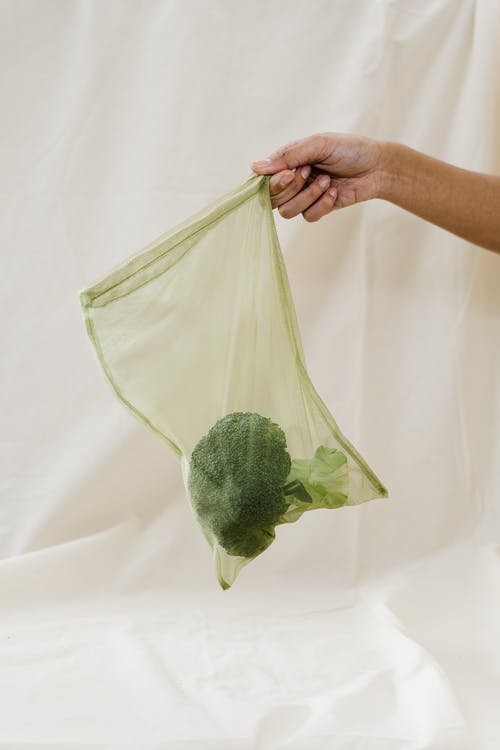Contents
- Vegetable waste: public and private waste
- Ban on open burning of vegetable waste
- What to do with your vegetable waste?
- Incineration or recovery of vegetable waste
There are several types of waste:
- vegetable waste,
- the household waste,
- the industrial waste,
- the toxic waste.
Vegetable waste: public and private waste
Green waste comprises the remains of lignocellulose plants: leaves, flowers, wood, and straw. These green residues come from different maintenance operations:
- maintenance of public green spaces,
- maintenance of private green spaces,
- maintenance and use of the companies’ green spaces.
Please note! Grass is not considered green waste. On the other hand, when pruning hedges and trees, the remains are regarded as waste.
The vegetable waste consists of:
- fermentable products: leaves and wilted flowers,
- woody products: pruning branches and hedge branches.
Ban on open burning of vegetable waste
It is strictly forbidden for individuals and professionals to burn their green waste in the open air. If a private individual burns his vegetation, he must answer for his actions before the administrative court.
Burning green waste in the wild presents significant health and environmental risks:
Hazards Due to Unauthorized Combustion of Vegetable Waste
| Risks | Consequences |
| Human health |
|
| Environment | Black carbon emissions: health and global warming effects. |
| Fires/Forest fires |
|
What to do with your vegetable waste?

If open-air burning is still prohibited, other less polluting solutions exist to get rid of plant waste.
Have your waste treated by a competent organization
The consumer must call upon a competent organization to get rid of his plants. This organization has professional means:
- The municipality:
- management of forest properties,
- roadside maintenance,
- maintenance of green spaces,
- collection of residues from individuals, etc.,
- horticulturists and landscapers.
Keeping your vegetable waste
Before throwing away your branches, think about reusing them.
You can keep your plants:
- To heat you in winter:
- if you have a fireplace or a wood-burning system, your plants will allow you to supplement your heating for free,
- to store green waste, you need a well-ventilated storage area,
- make compost for your garden: free fertilizer.
Entrusting your plant waste: waste disposal, collection, centers, etc.
It is important to sort your green waste before throwing it away. Poor sorting can make it impossible to recycle or compost.
You can place vegetable waste:
- In the street: in a paper bag or dedicated garbage can, on collection days only,
- at the waste treatment plant. Although they do not have dedicated facilities, the public dumps accept vegetable waste, and the staff at the dumpsite will direct it to a more appropriate facility,
- landscapers and horticulturists,
- to the composting platforms,
- to the technical landfills,
- to incineration centers (wood products only).
Incineration or recovery of vegetable waste
Plant waste can be used to produce energy or organic matter.
Once your green waste is entrusted, there are 2 options:
- Incineration: the shredded waste is used as fuel for a wood-fired heating system or is stored for this purpose,
- Biological recovery: composting or methanization consists of subjecting green waste to a biological treatment based on oxygen or grinding to recover the organic matter.
Caution! Incineration is reserved for woody products. Biological recovery is, therefore, the most appropriate disposal method.
Hope you liked this post. Remember to leave your comments below.
Read more: How Waste is Being Recycled?

